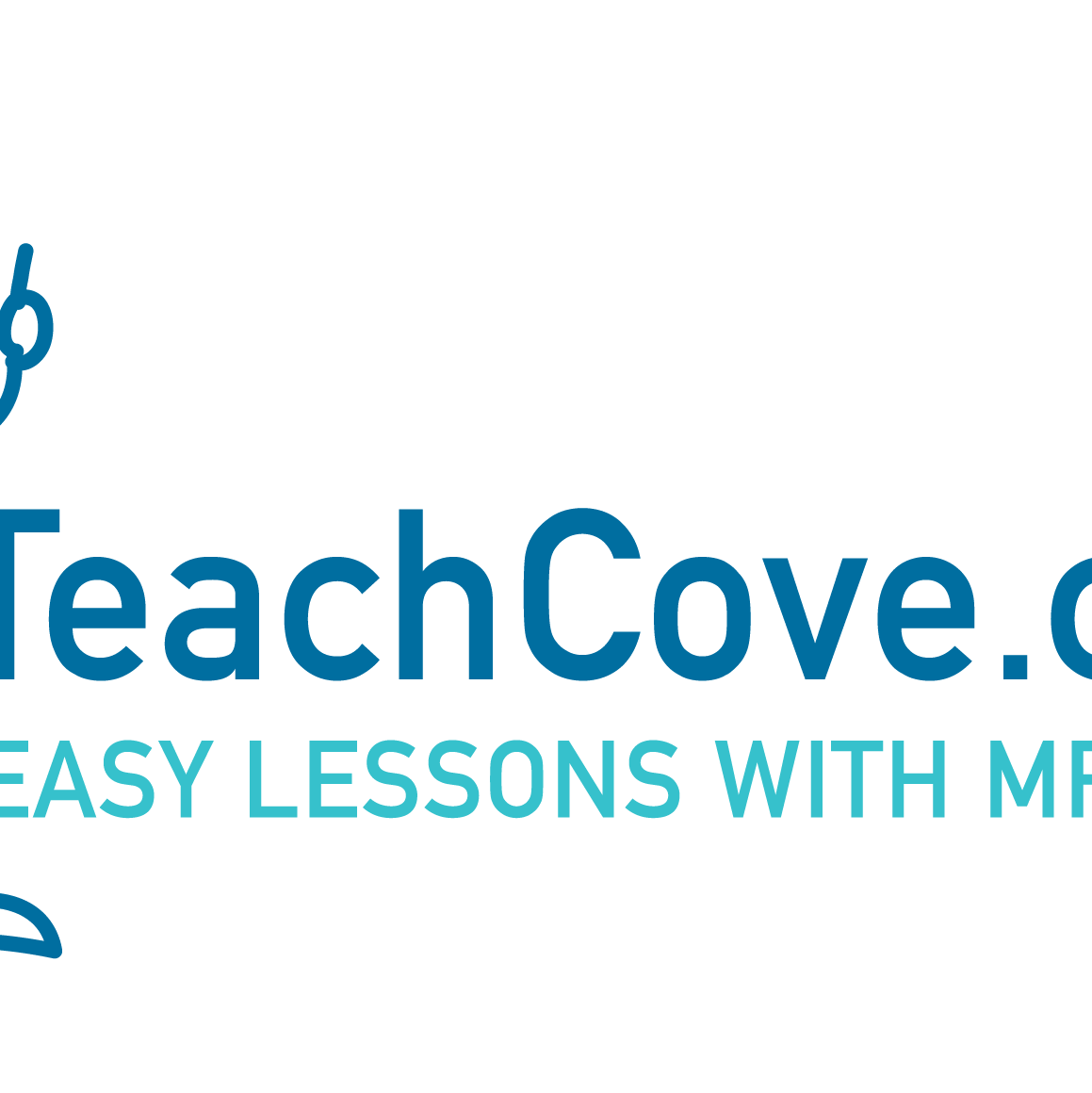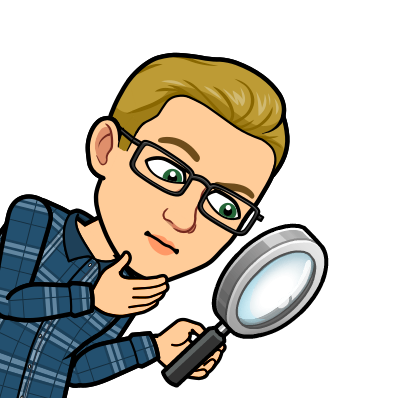More new words!
Here are more new words to make your English strong! 💪
Click here to see another video like this.
8 new words
I made 3 videos to teach some new words. Here is the first one.
Click here to see another video like this.
Irregular verbs – very strange!
With easy verbs, you add -ed to the end for past tense. Those are called regular verbs.
Irregular means “not regular“. They are strange, and we have a lot of them.
My favorite teacher, Ronnie, has a good lesson. She explains that there are three types of these verbs. That helps make it easier!
She also has this nice list to study.
She mentions some special kinds of past. To learn more, see the lessons about past perfects and past participle.
Voice going up or down changes some words!
These words have two parts. They all mean different things if you say them with your voice going up or down! 😮
Here is one — the word record.
- If you say RE-cord, it is a noun. >> The world REcord for the 100m run is 9.58 seconds.
- If you say re-CORD, it is a verb. >> Can I reCORD you when you sing?
Here are some more words like this.
| Word | Noun : HIGH - low | Verb : low - HIGH |
|---|---|---|
| conflict | An argument, or a war >> The Civil War was a CONflict between the states. | To disagree >> I hope we do not conFLICT. |
| contest | A sports match >> Who won the football CONtest? | To battle or argue >> I hope nobody conTESTS my decision. |
| contrast | A difference >> There is a lot of CONtrast between black and white. | To find or talk about differences >> Please conTRAST these two songs. |
| extract | Something you get out of something else >> Vanilla EXtract comes from a bean. | To get something out of something else >> Please exTRACT this stick from my arm. It hurts. |
| incense | It smells nice when you burn it >> INsense makes smoke when it burns. | To get mad >> I was inSENSED when I got a ticket for going 37 mph! |
| increase | Something that goes up >> I worked hard and got a pay INcrease. | To make something go up >> I hope you can inCREASE my pay. |
| insult | A bad thing you say about somebody >> Hey! I do not like that INsult! | To say something bad about somebody >> Do not inSULT me! |
| invite | A message about coming to visit >> I am having a party. Did you get my INvite? | To ask someone to visit >> I will inVITE all my friends to my party. |
| perfect | [this can happen with adjectives too] Describes something very good >> I got a PERfect score on my test! | To make something very good >> I worked hard to perFECT my accent. |
| permit | A piece of paper that says you can do something >> I got my driving PERmit! | To say it is OK to do something >> Will you perMIT me to speak now? |
| rebel | A person who does not agree with rules >> He does not listen to his mother! He is a REbel! | To disagree with rules >> His children are reBELLing. They never do what he asks! |
| record | Something that is written or saved >> I forgot my password, and I don't have a REcord of it! | To write or save something >> Can you reCORD this song on your phone? |
| reject | Something that is not good enough, and you throw away >> We need to send these shoes back! Put them in the REject box. | To decide, or say, that something is not good enough >> He tried to be nice, but she reJECTed him |
| suspect | Someone who maybe did something bad, but you are not sure >> She was not home when all the ice cream was eaten, so she is not a SUSpect. | To think someone did something bad, but you are not sure >> Hmmm... he has chocolate all over his face. I susPECT he ate all the ice cream. |
Do you want to see more words like this?
 Click here and follow me!
Click here and follow me!
Invigorating!
I went for a walk today.
It was very cold ( 9°F, or -13°C ), but it was sunny.
I thought the cold air was invigorating.
This is a picture of me:
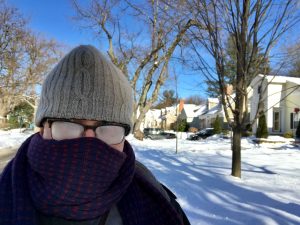
What does invigorating mean?
It comes from the word vigor. Vigor means energy, strength, or power. 💪
Vigor is a noun.
Invigorate is a verb. It means “to give energy”.
Invigorating is an adjective. It describes something that gives you energy, or makes you feel like you have energy.
The walk in the cold weather was invigorating!
There is another adjective: vigorous. It means “powerful”.
Vigorous exercise will make you sweat. 😅
Vigorous describes that something has strength.
Invigorating describes that gives you strength.
A vigorous walk every day is good for your health. << The walk has energy!
I would not say
Coffee is vigorous. 😫
NO! I would say
Coffee is invigorating! 🤩
And like many words, we can add -ly to make an adjective:
He is stirring his coffee vigorously! He must have a lot of sugar in it!
Was or have been? Ran or have run?
When do you say
I was in the hospital.
I shopped at that store.
I ran to school.
I drove across America.
and when do you say
I have been in the hospital.
I have shopped at that store.
I have run to school.
I have driven across America?
A good way to remember is that
- the first way (“I ran”) is easier, and means an EXACT time, like last night, or at 9:00 pm, or last year. EASY = EXACT.
- the second way (“I have run”) is harder. You say this if you mean some time, but not some exact time. Remember it like “harder to say = harder to remember when”.
Examples:
👨🏻 I was in school yesterday. EXACT
👴🏼 Me too. I was in school yesterday too. EXACT
👨🏻 I talked to John yesterday. EXACT
👴🏼 I have talked to him many times. not exact
👨🏻 I watched TV all day today. EXACT
👴🏼 I am so busy! I have not watched TV all week! not exact
The “hard”, not exact way is also hard because it uses the Past Participle form of the verb. It is the same form like in “the past before the past” lesson.
For some verbs — like was, talked, and watched — it is the same as the “regular” past.
Here are some where the Past Participle is different:
👨🏻 I saw that new show yesterday. EXACT
👴🏼 I’ve seen it a few times. not exact <<< I’ve = I have
👨🏻 I flew to Japan last year. EXACT
👴🏼 I have flown many times, but I‘ve never flown that far! not exact
👨🏻 Have you taken your driving test yet? not exact
👴🏼 I have taken it many times, but have not passed yet. not exact
👨🏻 Have you eaten at this restaurant before? not exact
👴🏼 Yes, I ate here last week. EXACT
👨🏻 Have you eaten yet? EXACT
👴🏼 Yes, I have eaten. not exact
👴🏼 I ate at 6:00. EXACT
👨🏻 I sang at their wedding party. EXACT
👴🏼 I have sung at some parties too. not exact
👨🏻 He ran a 5K race last year. EXACT
👴🏼 He has also run a marathon. not exact
That last one is tricky! The simple past of run is RAN, and the past participle is RUN. 🙄
I think it is because many times, the past participle has a U, like:
sing – sang – sung (present – simple past – past participle)
swim – swam – swum
begin – began – begun
run – ran – rUn
Noise!
Someone wanted to learn about the word “noise“.
We were at a party. Many people were talking loudly. It was very noisy! We could not hear each other talk.
So, we talked louder.
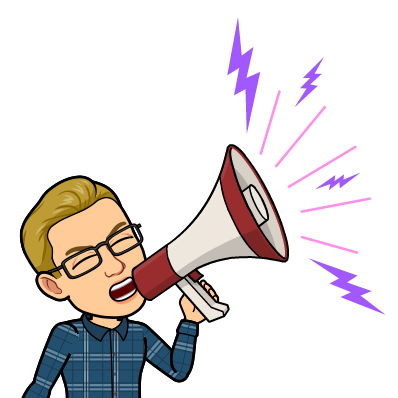
Then the other people could not hear each other, so THEY talked louder. Then WE could not hear, so we talked louder. Everybody was talking loudly. It was noisy! 😫
Noise = sound you do not like.
When you play music, there are + and – buttons.
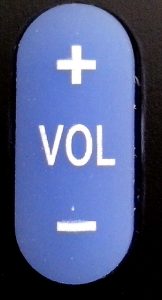
They are for the VOLUME.
Low volume = 🔈
High volume = 🔊🔊🔊
Sometimes you see the word VOL — that means volume.
More volume = louder.
Some music players have a circle that you turn
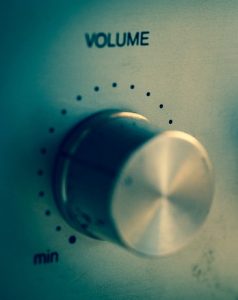
A circle like that is called a KNOB. Do not say the K. Say it like nob. Why? I don’t know. 🙄
To make the volume go up or down, you turn the knob. That is why we sometimes say “turn it up!” ↻ to make the music louder.
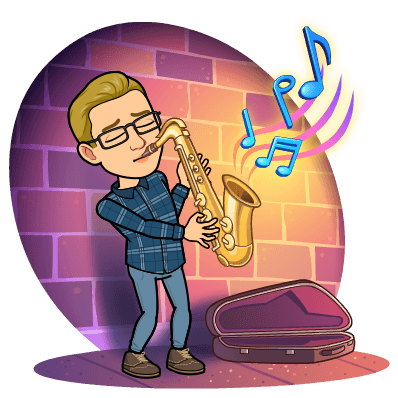
If you want it less loud, you say “turn it down!” ↺
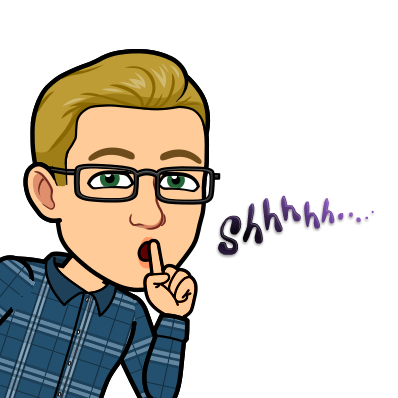
Turn = go in a circle. A knob is a circle, so you turn a knob.
The opposite of loud is quiet. 🤫
A library is quiet.
If there is no sound, it is silent:
>> I did not hear any sound. It was silent. 🔇
Silent is an adjective. A room can be be silent.
Silence is a noun.
>> Do you like silence when you sleep? Or do you like some sound?

